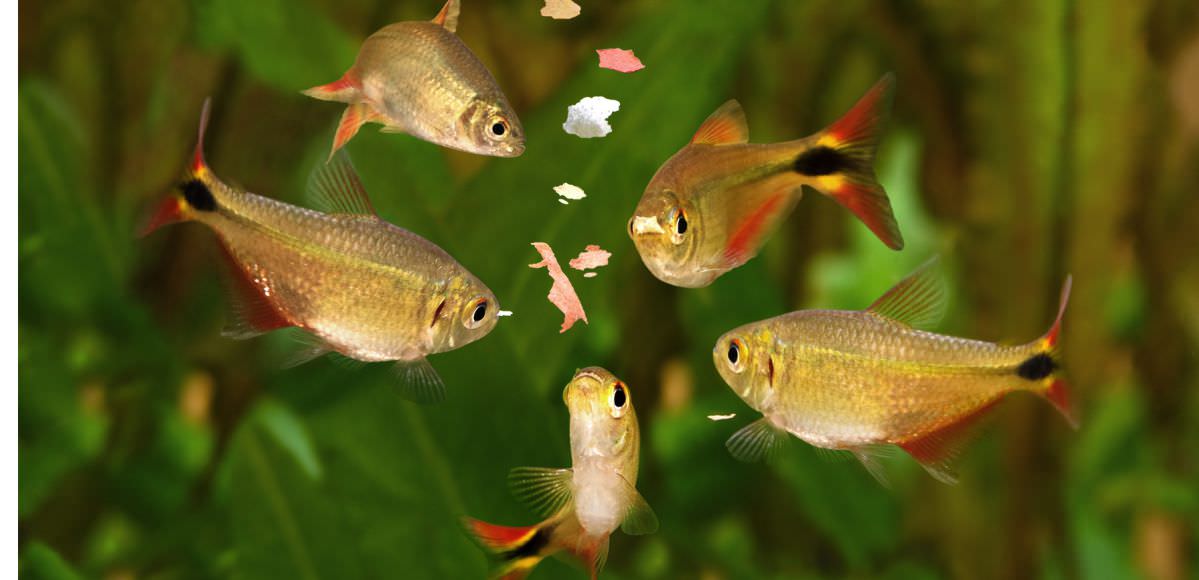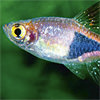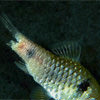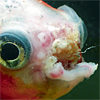A healthy, happy aquarium is the goal for every fishkeeper. We offer you some advice for keeping your fish healthy and disease free.

Feeding
After water quality, proper feeding is paramount to keeping your fish healthy. A well-fed fish will have a strong immune system and will be better at fighting off disease.
Feeding a combination of a good staple food, occasional treat foods and frozen foods is best for all fish.
Staple, dry foods like flake are complete foods that contain all the vitamins and minerals that fish need to survive and grow.
Frozen foods are whole foods that have been freshly frozen. They offer the fish variety, and condition them for breeding and better colouration. Frozen foods can themselves be varied to provide more variety.
Consider the feeding requirements of each species and do your best to accommodate it. Once a diet has been chosen, choose a food particle size that suits the size of the fish. Large Oscars need large, protein-rich food sticks and small rasboras need micro pellets or crushed flake. And take a look at how often your fish should be fed.
Fast-swimming, active fish have fast metabolisms and should be fed little and often. Large, slower-moving fish such as big catfish will eat more per sitting, expend less energy in the daytime, and can be fed once per day or even every other day.
Only feed as much as any fish will consume within a few minutes and syphon off any uneaten food.
Fish health
The vast majority of fish health problems are related to water quality. With regular water changes and maintenance, few problems will occur. But fish can still get ill sometimes.
Recognising the symptoms early goes a long way to curing any problems that crop up. If your problem isn’t detailed below, ask advice at your local World of Water branch.
Whitespot: Look closely at the fi sh. Are the spots circular and the size of a pin head? If they are it could well be whitespot, a parasitic infection. The problem is common and easy to treat, but must be caught in time before your fish get too ill to recover. It is stress related.

Fungus: This looks like patches of cotton wool on a fish and are a secondary infection that may result from poor handling, injury or poor water quality. Fish with fungus are best isolated.

Fin and mouth rot: This comes from damage or prolonged periods of poor water quality. Fix the water first, then treat them with an antibacterial remedy.

Basic health tips.
Whitespot treatments are more effective when you combine them with a rise in water temperature.
When using medications, aerate the water heavily to help the fish breathe.
Whitespot is stress-related, so find out the cause for a more effective treatment.
Remove carbon from your filter when adding medications. Carbon removes them and will render them useless.
Copper-based parasite treatments are harmful to shrimps, crabs, snails and crayfish. Always read the label before treating your tank.
 British Pounds
British Pounds
